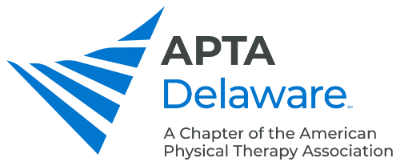With the US Senate considering action on health care, APTA is making it clear that at least 1 of the options available—the adoption of the American Health Care Act passed by the US House of Representatives—falls short of providing “adequate, affordable, and quality health care services for all Americans.”
In a May 22 letter to Senators, APTA President Sharon Dunn, PT, PhD, reiterates that although APTA does not oppose reform of the current Affordable Care Act (ACA), the association does see deep flaws in the AHCA as narrowly passed by the House earlier this month, particularly when it comes to the bill’s approach to essential health benefits (EHBs) and Medicaid. “We believe [these changes] could hinder access for millions of Americans across the country,” Dunn writes. The letter is consistent with an APTA statement issued in March.
The current version of the AHCA weakens the power of federally mandated EHBs—which include physical therapy—by allowing states to apply for waivers to reduce the requirements or eliminate them entirely. The result, according to APTA: a likely reduction in access to habilitative and rehabilitative services for millions of Americans that could have lasting societal effects.
“Americans needing rehabilitation services and devices rely on their health care coverage to regain and/or maintain their maximum level of health, independent function, and independent living,” Dunn writes. “This reduces long-term disability and dependency costs to society.”
The letter also points out the ways that the AHCA’s changes to Medicaid could make a difficult situation even harder for beneficiaries.
“Under traditional Medicaid (nonexpansion plans), physical therapy and other rehabilitative services are considered ‘optional benefits’ and therefore aren’t always covered,” Dunn writes. “APTA suggests that because of the changes proposed to Medicaid—specifically switching to a per capita or block grant system—a state’s ability to fund its Medicaid program will be strained, causing optional benefits such as physical therapy to be jeopardized.”
Dunn states that the association looks forward to working with the Senate on changes that have the goal of “[ensuring] that Americans have access to adequate, affordable, quality health care services.”
